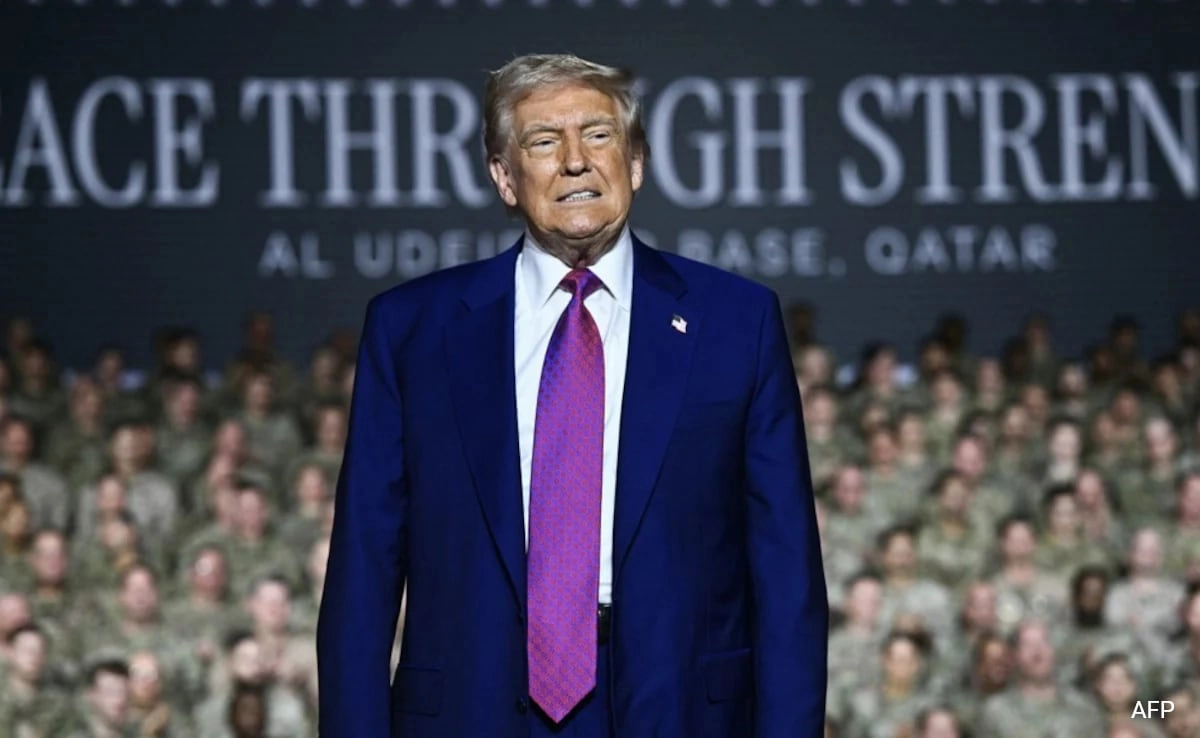In a significant shift in broadcasting policy, several Pakistani FM stations have decided to cease airing Indian songs, a move that reflects the escalating tensions between India and Pakistan, particularly in the wake of the recent attack in Jammu and Kashmir. This decision comes as a reaction to the growing emotional and political sentiments in Pakistan, where many view the airwaves as a platform for national identity and solidarity. The cessation of Indian music on these stations signifies not only a cultural response to geopolitical events but also a broader reflection of public sentiment that has been fueled by ongoing conflicts and nationalistic rhetoric.
The decision to halt Indian music broadcasting is emblematic of a larger trend in both countries, where media acts as a mirror to national sentiments. In the past, Indian films and music enjoyed considerable popularity in Pakistan, transcending borders and fostering cultural exchanges. However, the recent increase in hostilities has strained these cultural ties, prompting a reassessment of what is deemed acceptable content in the face of national security concerns. This action by FM stations may resonate with audiences who feel a sense of duty to support their country during challenging times, illustrating how entertainment choices can be influenced by external political climates.
Moreover, the impact of this decision extends beyond just music playlists. It reflects a growing movement within Pakistan to assert cultural independence and promote local artists at a time when national pride is at the forefront of public discourse. By choosing to focus on homegrown talent, these FM stations are not only responding to the current crisis but are also contributing to the revitalization of Pakistan’s own music industry. This could potentially give rise to a new wave of Pakistani music that captures the spirit of the times, offering an alternative narrative to the one presented by foreign influences.
As the situation continues to evolve, it remains to be seen how this shift will affect the relationship between the two nations. While it may provide temporary solace to those seeking to bolster national unity, it also raises questions about the future of cultural exchange and collaboration in South Asia. Ultimately, the move to stop airing Indian songs is a poignant reminder of how deeply intertwined politics and culture can be, especially in regions marked by historical conflicts. The airwaves, once a bridge between two vibrant cultures, have now become a battleground for national identity, reflecting the complexities of human emotions in the face of geopolitical strife.




